Read the conversation with Rusanda Curcă
Podcast by Ambrose Idemudia Joshua
Simon Dove: Hello, and welcome to The Future Is Now, a podcast series from CEC ArtsLink. My name is Simon Dove. I'm the executive director of CEC ArtsLink. For this podcast series, we asked ten independent artists and curators from different parts of the world, whom we call the Future Fellows, to talk about the current context of their work and to share their vision for how they see the future of arts practice. In this episode, we hear from Ambrose Idemudia Joshua, based in Lagos, Nigeria.
Ambrose Idemudia Joshua: My name is Ambrose Idemudia Joshua, properly known as Ambrose T’jark. I'm a founding member of Westsyde Lifestyle. I'm representing the team, actually, so I'm based in Lagos. I'm an artist, a dancer, a fashion designer, and a stylist, a community organizer as well. And we're working on a project with The Future is Now.
The place where the young boy or girl in the street can always come to exchange with their fellow peers, or with someone she has met, or they can come there for mentorship, come for trainings. They can come there for safety in general. Basically, that's what our project is about. We're calling it D’KRIB Artist, after the passing of our queen, Love Divine Ike. At that period, it kind of gave us, I would say, a repurpose as to why we are actually doing this. There's actually no time to waste. This is the time for us to do what we need to do, which is to give back to the community. We need a place, a space, which is what we call D’KRIB. This is the project we're working on currently.
It is a challenge because we usually don't have facilities like this in Lagos. We don't have dance studios. We don't have community centers where creatives can come together and just express safely. We don't have it, so we are hoping to be one of the first people that will actually do something this tangible in our immediate community.
It's urgent for us to have this space right now. We tend to dictate the rules ourselves because it is our space. We can define the rules, the timing, how to go about it… a space where people can actually come together, put their heads together, to express. Where there's people, there's power.
Because our first focus is our immediate community locally, then we transcend into collaborating with other community centers locally, internationally, and globally. That is the plan. But our first objective is the local community.

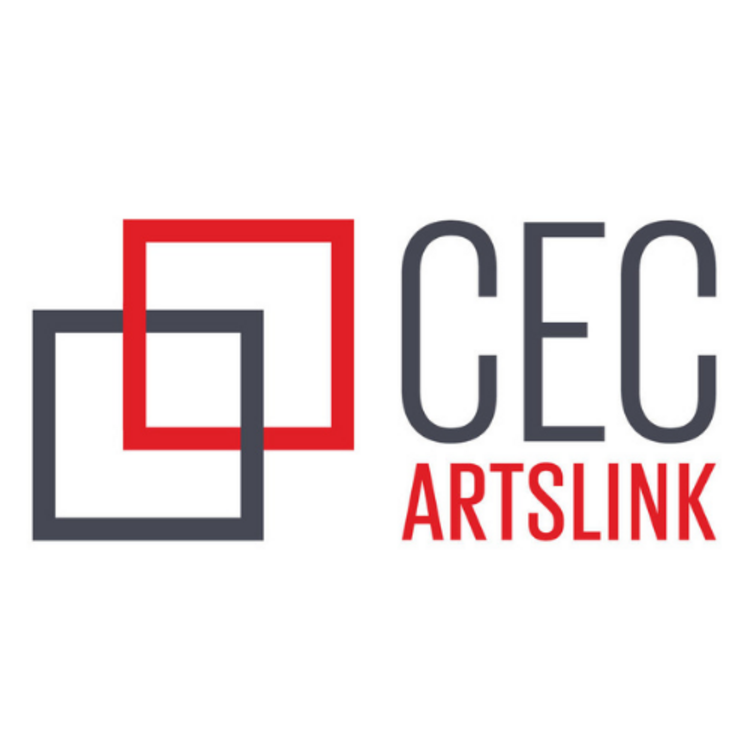
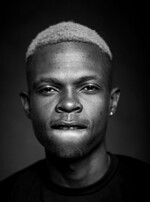
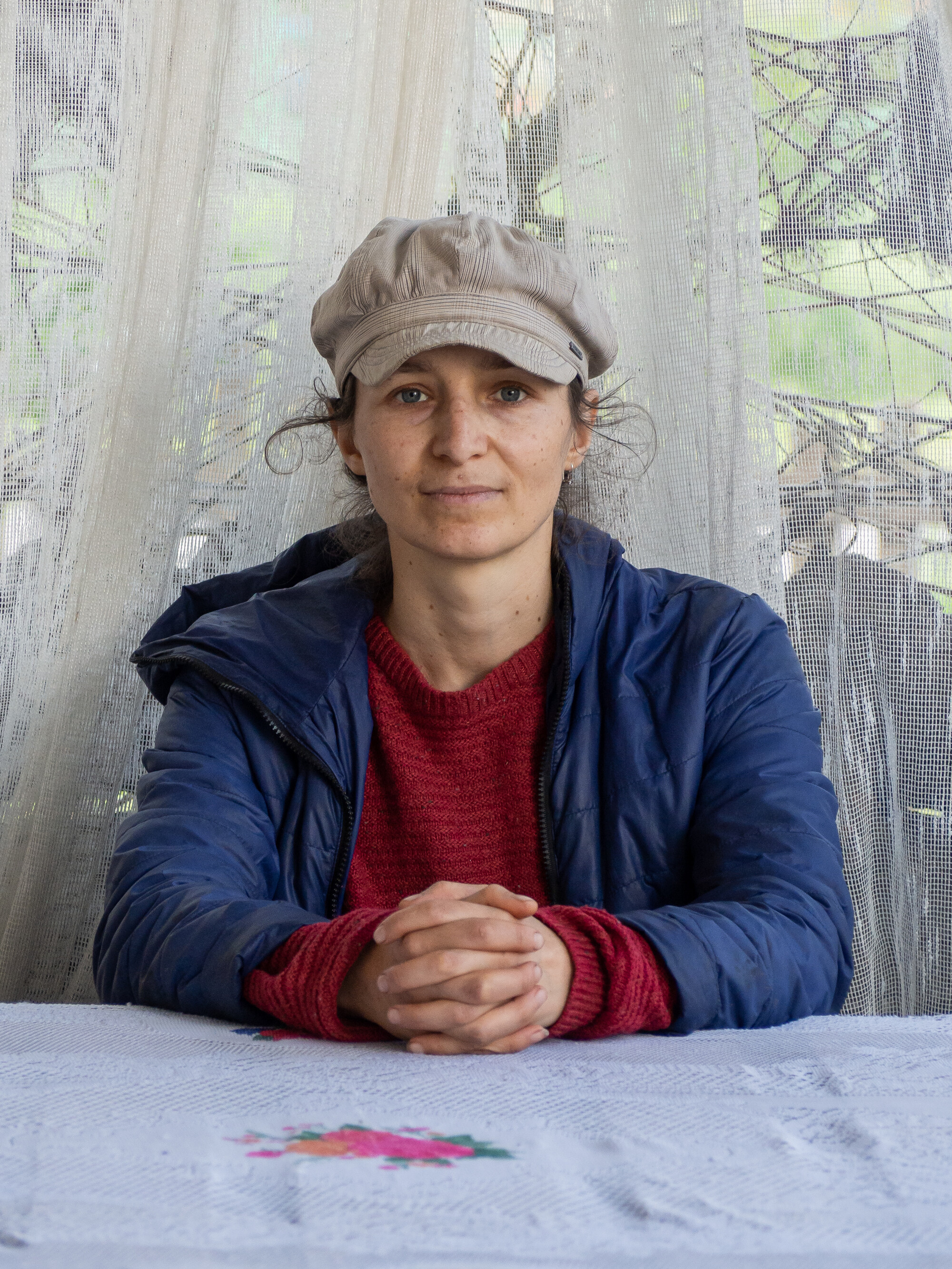
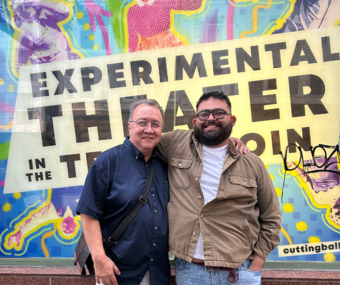


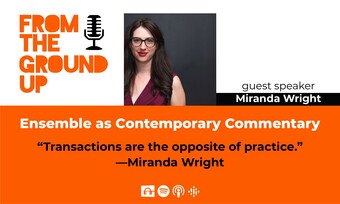


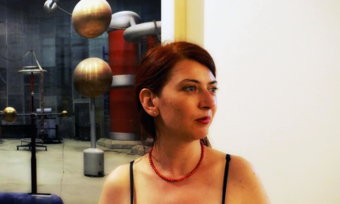


Comments
The article is just the start of the conversation—we want to know what you think about this subject, too! HowlRound is a space for knowledge-sharing, and we welcome spirited, thoughtful, and on-topic dialogue. Find our full comments policy here